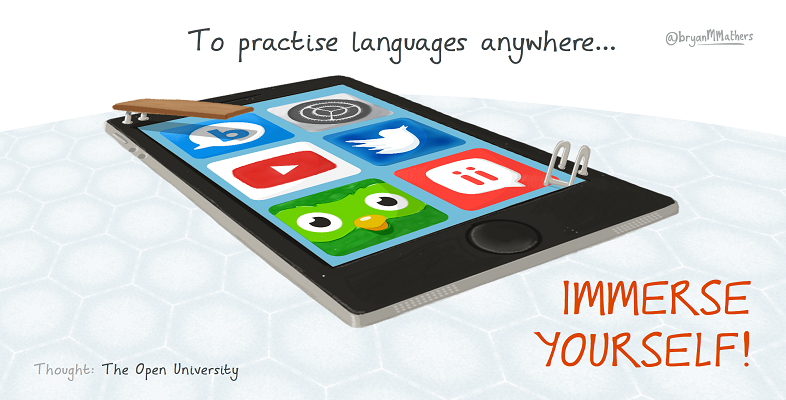3.2 Cultural
If you have ever travelled abroad, you’ll know that the locals do things differently. How differently depends on the country.
The difference might be subtle, such as different meal times from what you’re used to. If you’ve ever travelled to Spain, think for instance about the differences between the UK and Spain.
Box 1 An example
I was recently invited by a Spanish friend in London to go for lunch with her and some friends. We didn’t confirm the exact time, and so I blocked off a few hours on my calendar on that day, and arranged to meet another friend afterwards – at 3pm. ‘Even if it’s a relaxed lunch’, I thought, ‘that will leave plenty of time’. The day arrived, and I texted my friend to ask what time we were meeting for lunch. ‘At 3pm’, came the reply. ‘¡Horario español!’ – Spanish time – I had to scramble to rearrange my day! While lunch in the UK usually happens around midday or 1pm, it is an integral part of Spanish culture to eat late. La cena, dinner, can easily begin at 11pm. One can easily imagine the amount of comical misunderstandings that can happen as a result of arranging schedules around meal times. This is a cultural issue, rather than a linguistic one.
While the Spanish example is a fun one, it is not always so light-hearted. Having lived for almost two years in Qatar, an ultra-conservative Muslim state in the Gulf, I have experienced how the cultural misuse of language can have serious consequences.
Let’s look at an example in the middle ground.
When I lived in Tokyo, I quickly learned that Japan is a society governed by conventions – things you are expected to say and do in all manner of situations, from sitting down to eat, to meeting someone new.
Activity 3 Thinking about etiquette
Read the following: A short guide to Japanese etiquette [Tip: hold Ctrl and click a link to open it in a new tab. (Hide tip)] . As you read it, imagine you are learning Japanese, perhaps because you will be transferred to Japan for work. Although it would be unreasonable for you to learn all the social customs from the start, are there any that you would want to learn as soon as possible? Are there any customs you would come to feel embarrassed to get wrong, as someone who is learning Japanese?
Discussion
While you would probably not be expected to know every rule, and the advice to take your cue from others is usually a safe one, if you were the guest at a meal, you would need to know some basic rules. For instance, you should know about the etiquette for making toasts (as you would be expected to make one), for sitting arrangements (including where and how to sit), for starting to eat (saying itidakimasu, the equivalent to bon appetit) and for thanking your host for a great meal at the end. You should also know not to drink or eat until your Japanese host does. Not knowing both the cultural aspects to basic etiquette, as well as the set phrases expected in such situations, might seem impolite and offend your host.
On the other hand, the tea ceremony ritual is obviously extremely complex in terms of etiquette, and you probably would not be expected to be familiar with all of it. Again, the advice to take your cue from others would work in this setting.
Knowing the etiquette around hygiene is also important (e.g. removing your shoes, never stepping on the genkan but immediately stepping up onto the tatami in order not to bring dirt into the house, wiping your hands (not your face) with the towel provided before you touch any of the food, etc.). After all, if a foreign guest were to do something considered unhygienic in your culture at the dinner table (such as farting or picking their nose), you would find it rather rude!
Finally, to avoid awkward misunderstandings, you should know about the etiquette for paying for meals.
Cultural faux pas may not initially seem to be linked to the language, but you certainly cannot successfully learn a language without also behaving appropriately with its people.
Learning a language means becoming culturally literate.
Laura says:
I think knowing the social and cultural conventions of the people whose language you are learning is important, but it is somewhat inevitable that at some point you will encounter hitherto unknown norms of behaviour. One useful strategy I use to minimise any social awkwardness in this context is to learn appropriate phrases of apology or ways to convey that I don’t understand.

